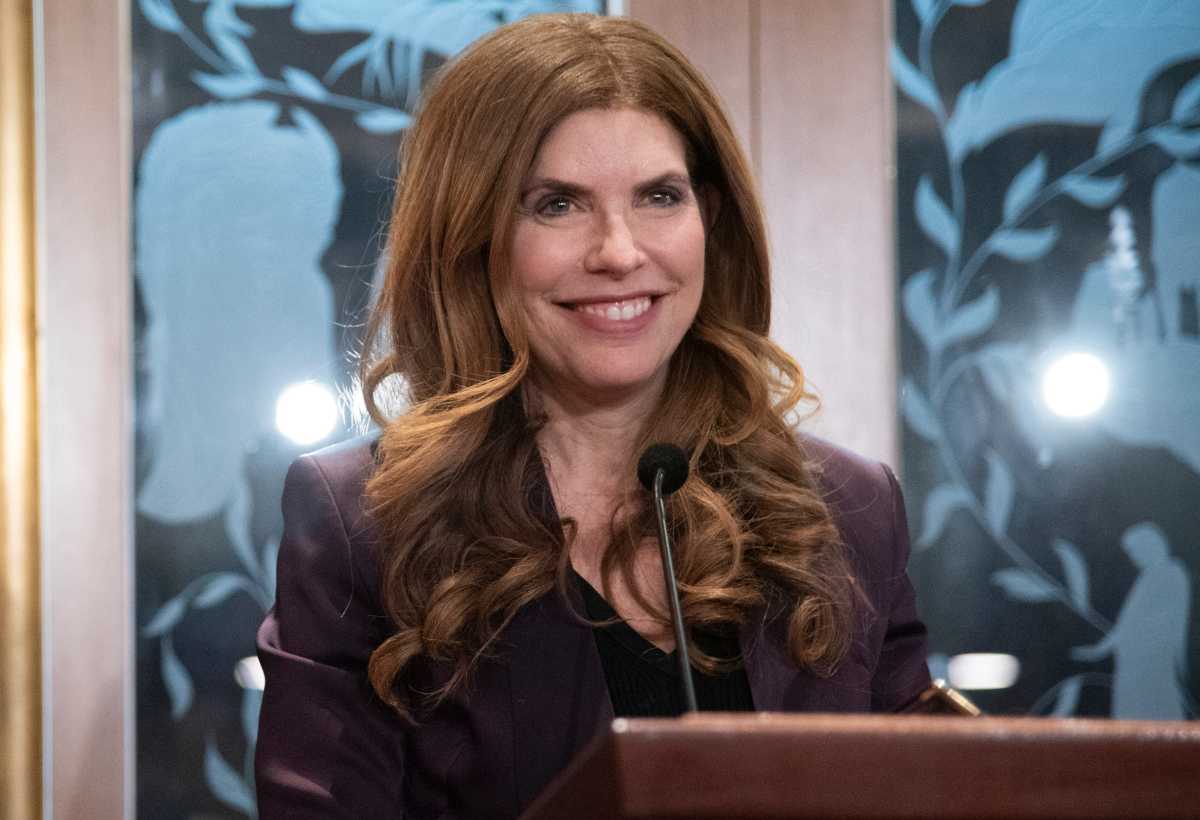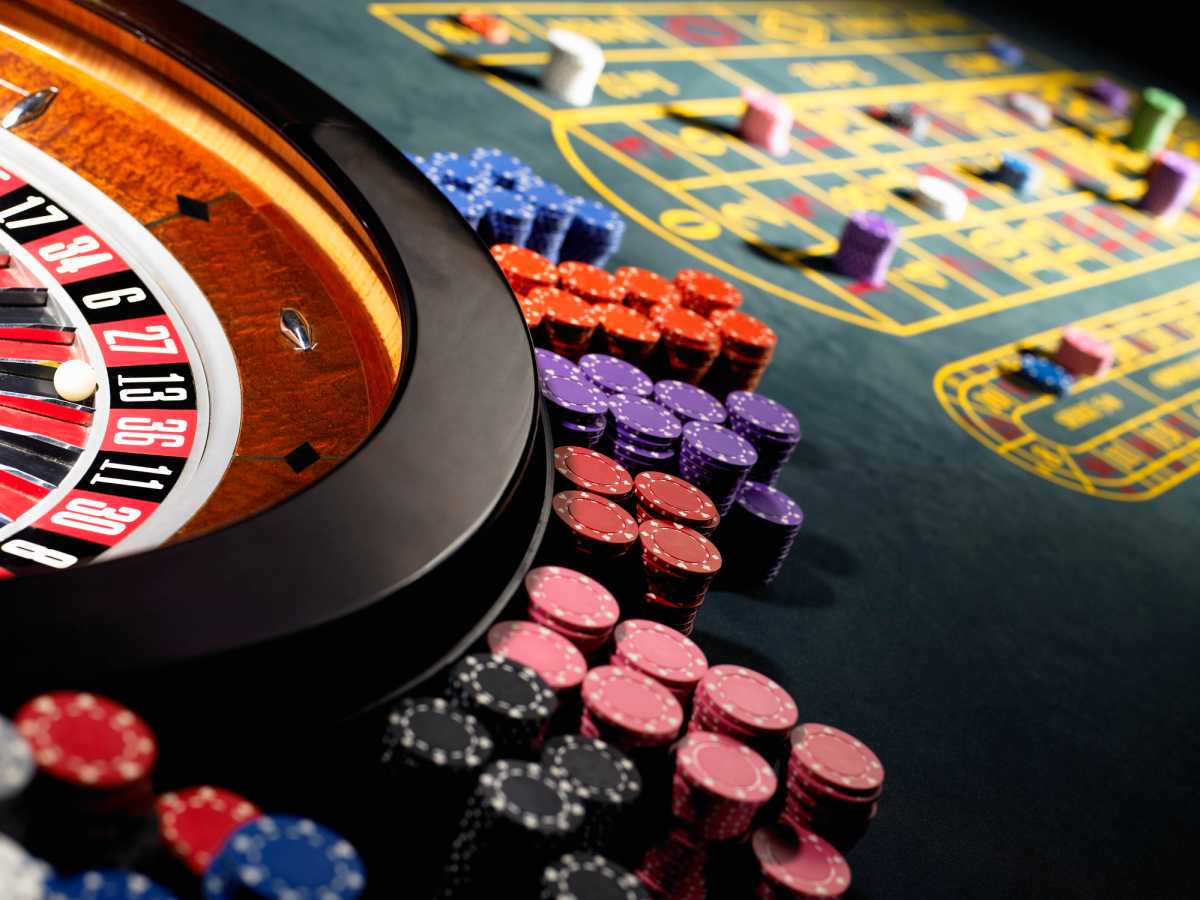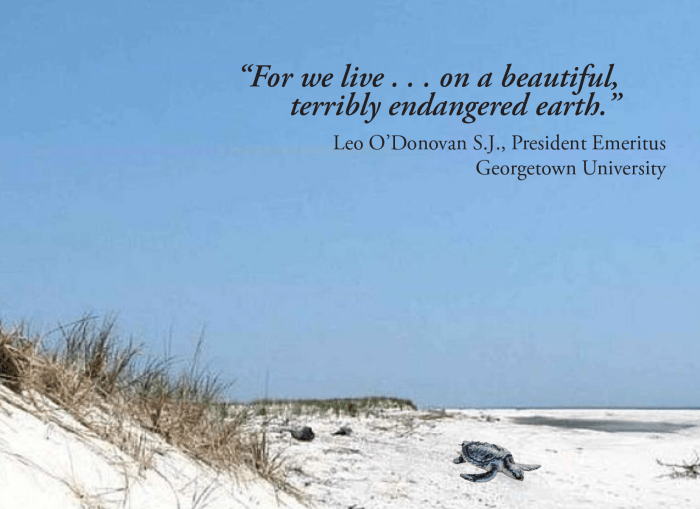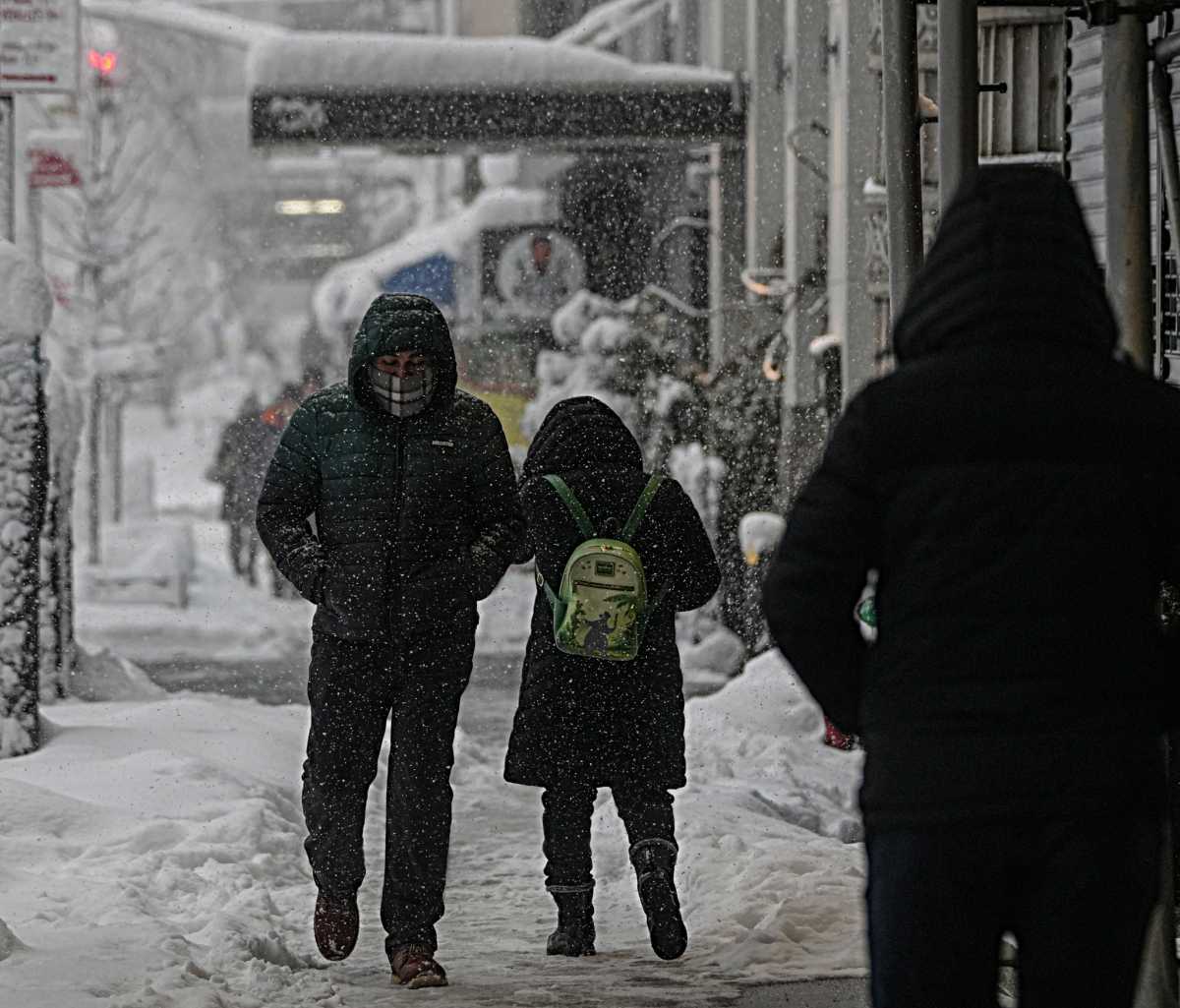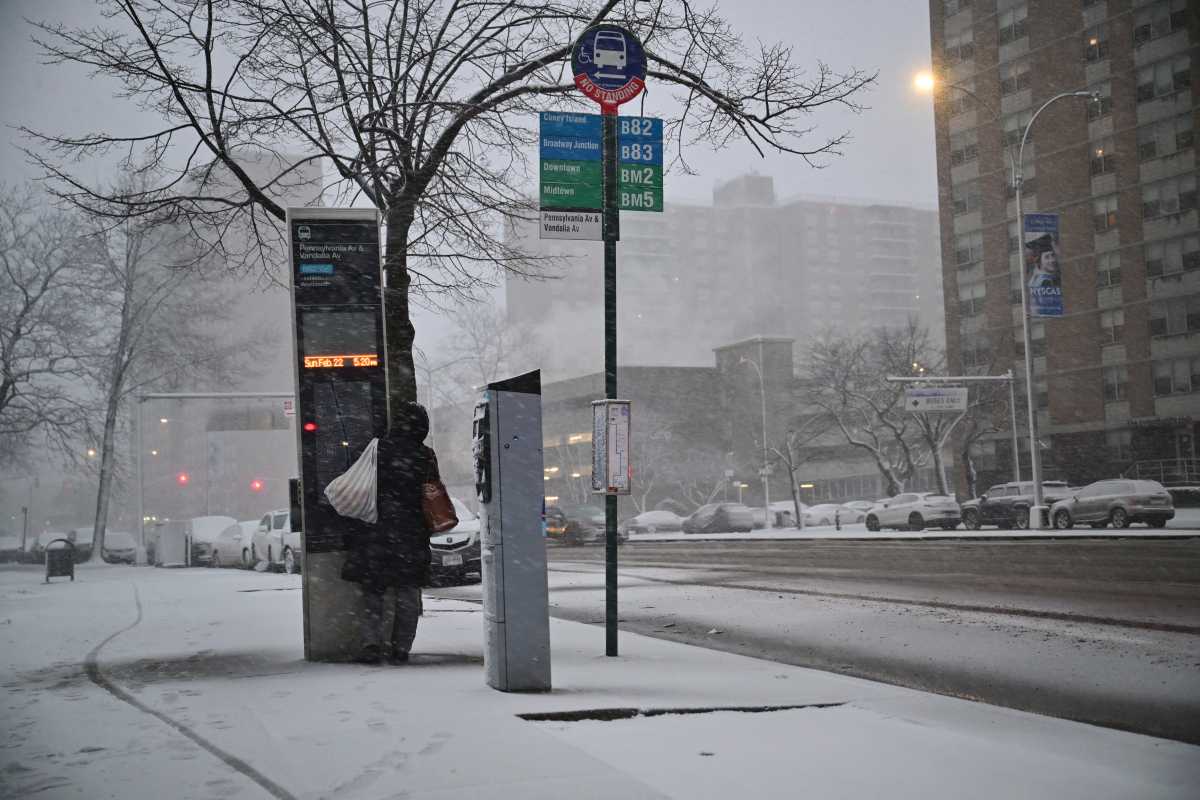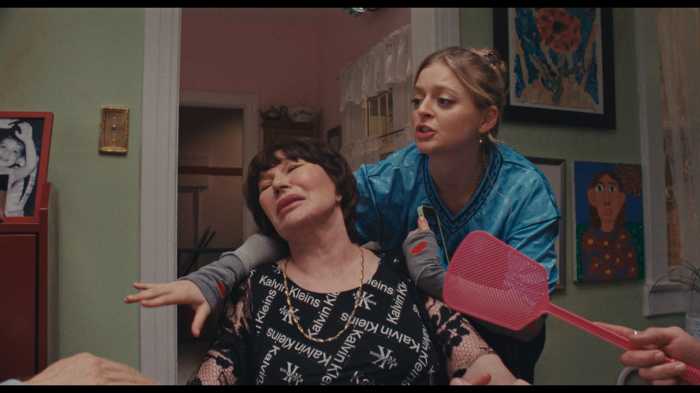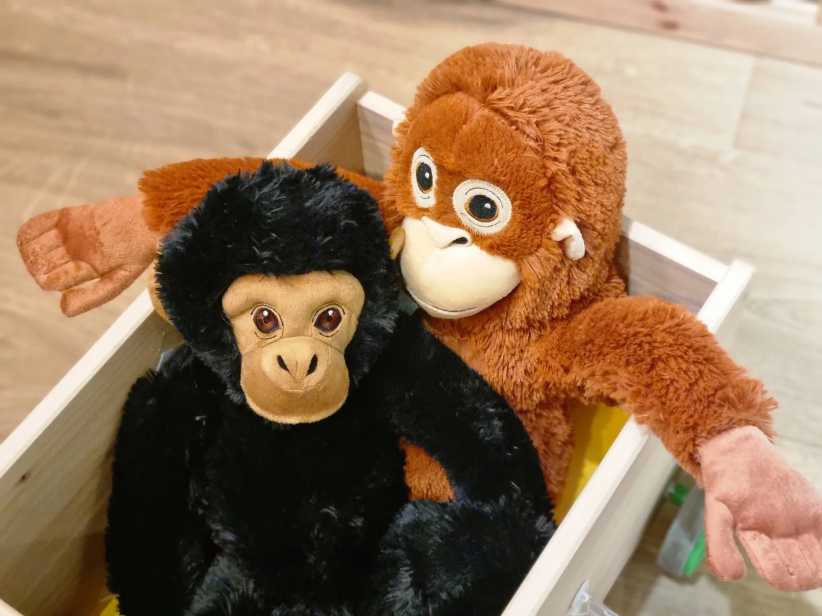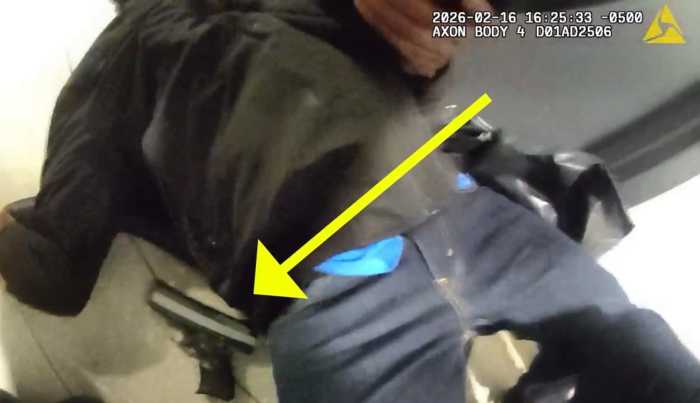A Park Slope mom is throwing cold water on a hot-weather staple: bottled aqua — and no, she’s not crazy from the heat.
Saying she wants to play a role in combating global warming, Barbara Kancelbaum has called for her fellow New Yorkers to stop buying those ubiquitous bottles of Fiji, Poland Spring and Aquafina.
Like so many campaigns these days, this one started as a passionate posting on the hyper–environmentally-aware Park Slope Parents Web site.
“Global warming is not something we can resolve locally — it will require a major international political and corporate response,” Kancelbaum wrote in her Aug. 2 posting. “But here’s … something tangible we can do.”
Here is the part of the typical column where the Quixotic crusader’s main arguments are boiled down to easy-to-digest bullet points (you can thank me later):
• Bottled water bottles are made from oil, a limited resource. Just making the containers alone consumes more than 1.5 million barrels of oil annually, enough to fuel 100,000 cars for a year, according to the Earth Policy Institute. (Maybe we should get rid of the cars, but that’s a topic for another time.)
• It takes a lot of oil to transport bottled water from supposedly pristine springs all over the world to us. That bottle of Fiji water really does come from Fiji — and it doesn’t walk here by itself.
• Thirty million bottles end up in landfills every day — and considering that New York doesn’t have its own landfill anymore, we have to pay to dump our empty water bottles elsewhere.
• New York City tap water is safer and better than bottled water anyway. The Environmental Protection Agency’s standard for tap water, for example, is stiffer than the Food and Drug Administration’s standard for bottled water. Plus, our tap water tastes better than all those fancy waters (the Aquafina that’s bottled in Queens actually is New York City tap water — which is then distilled and reconfigured with Aquafina’s proprietary mix of minerals.)
• The world spends $100 billion a year on bottled water at a time when the United Nations says that just $15 billion could double the number of people who have access to safe drinking water.
• And, most important, rich people consume far more bottled water than poor people — so if tap water quality declines, it will fall to the politically less powerful to fight for cleaner water because the rich have turned their backs on the entire system.
In her posting, Kancelbaum suggested that Park Slopers “put aside $1 every time we don’t buy bottled water [for the month of August] and make a big donation to a local or national organization.”
It’s unclear how much money will be raised (or how many times I should put $1 in the kitty — after all, I spend a lot of time every day not buying bottled water. There, I just did it again).
But that hasn’t deterred Kancelbaum. Sure, she admits her posting has not unleashed a groundswell of support — but she was heartened that no one called her a complete wacko.
“Everyone who emailed me back was very positive,” said Kancelbaum. “People said, ‘Thanks for giving me something to think about.’ People really didn’t think about it.” (Perhaps that’s why Evian is “naïve” spelled backwards.)
One mom went Kancelbaum one further, calling for a boycott of juice boxes — “another environmental evil,” she said, offering no explanation. (Do you need one? Move to Park Slope. You’ll learn quickly.)
The good news is that if all of New York one day taps into Kancelbaum’s campaign, the city’s water supply can fill our cups.
Of the 1.2 billion gallons of water used by New York City every day, less than one percent is poured down the gullet.
“The vast majority of water is used for sanitation, toilets, showers, dishes, street sweeping, and the like,” said Ian Michaels, a spokesman for the city Department of Environmental Protection.
“So even if all the bottled water drinkers came back to our system, the effect would be practically unnoticeable.”
So drink easy, bottled-water-boycotting Park Slopers, the city has you covered.



